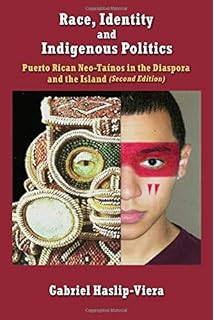Most Puerto Ricans See Themselves As White Even if They are Brown, Whites Are Confused
 |
| "I bring Borinqpen blood (Borinquen the originl name of the island given by Columbus), IAm the son of the Palm trees, of the land that sustain the rivers and the songs of el Coqui....of the valleys and the coffee plantations, of the sugar cane, the Pineapple and the guava, mampostiales of the tembleque and the mavi" (translated by Adam, But need to come back and get the words in english for a couple I co uld not remeber. MAVI IS THE TEA WHICH IS FERMENTED HANGING BY A TREE IN A BOTTLE OR EVEN BURIED IN THE GROUND UNTIL IT FERMENTS. IT IS MADE FROM THE MAVI TREE Bart.. My mom taught how to do t and I hope one day to make for a couple of you after this pandemic is undr control. Let me know if you are in NYC and interested.) |
 |
| These are all the colors Puerto Ricans come in. Those are the ones born 9n the island which means they are more pure. What I don't see there are gingers (red ones). Otherwise the picture is well represented of the colors we come in. |
What is your race?
It's a question the federal government asks us every 10 years at census time. But in the year 2000, that was a new question for the residents of Puerto Rico. For half a century before then, the U.S. territory's government had used its own, local census questionnaire – which did not ask about race.
And so this new question took a lot of people on the island by surprise. The way they answered it shocked many Puerto Ricans, and revealed a lot about Puerto Rico's relationship with race, colonialism and the United States.
 |
In this episode of the Code Switch podcast, we'll dive in to try to understand why, on an island shaped by its African heritage and a long history of racial mixture, a vast majority of people tell the Census Bureau that they are white alone. We'll also hear what being largely invisible in the data has meant for black Puerto Ricans, and why some of them are mobilizing around the 2020 Census to try to change that.

Comments